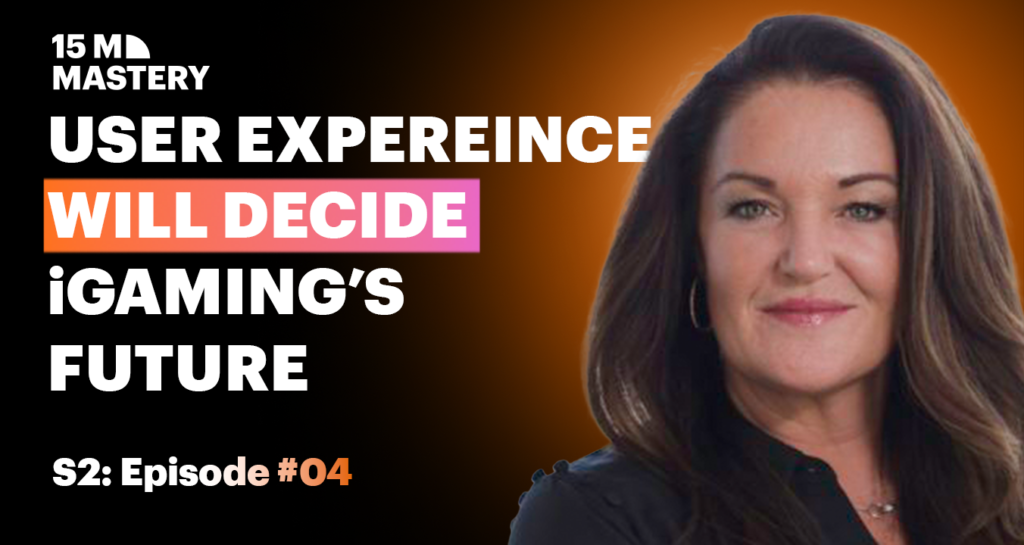The US betting market is a complex landscape, shaped by state-by-state regulations, high taxation, and evolving business strategies. Paris Smith, a seasoned iGaming leader and former CEO of Pinnacle Sports, shares insights on how operators can navigate these challenges while positioning themselves for long-term success.
Managing Compliance Without Sacrificing Player Experience
With each state enforcing different regulations, maintaining a seamless player experience is no easy task. Smith emphasises the importance of selecting the right states for entry rather than rushing into an oversaturated or overly restrictive market.
“The first component is making sure you’re going into a state that isn’t already saturated,” she explains. “Tax structures, regulatory requirements, and potential bottlenecks all play a role in whether expansion makes sense.”
Technology and agility are key. Companies that build flexible platforms from the outset can more effectively manage shifting compliance needs while ensuring players receive a consistent experience.
Product Over Brand: The Key to Differentiation
In a market dominated by brands like FanDuel and DraftKings, new entrants must rely on more than just marketing to succeed. According to Smith, product innovation is the true game-changer.
“The only differentiator is product. The people that focus on a better product will have the upper hand,” she says.
Many operators rushed into US states hoping first-mover advantage would secure long-term success. However, Smith points to the mass exodus of some companies as proof that a more measured, product-focused approach is often more sustainable.
How Loopholes Have Shaped the US Market
The US market has seen its fair share of strategic loopholes. Daily fantasy sports gave FanDuel and DraftKings an early advantage, while sweepstakes models now fuel brands like PrizePicks and Chumba. Smith notes the irony of established giants working to close these loopholes now that new competitors are using them to gain traction.
“These are the next real competitors,” she explains. “The same companies that used loopholes to get ahead are now investing heavily to shut them down.”
The cost of entry remains a significant challenge. Smith cites Pinnacle as an example of a brand with strong recognition that has chosen not to enter the US market due to prohibitive costs.
“We’ve run the numbers, and it just doesn’t make sense. Many public companies have taken huge financial hits entering the US, and you have to ask; Why not stick with what works in other markets?”
Responsible Gambling: A Business and Regulatory Imperative
In a fiercely competitive industry, balancing revenue with responsible gambling measures can be difficult. Smith believes the key lies in a genuine, proactive approach rather than reactive regulatory enforcement.
“If operators truly integrate responsible gaming, we won’t need extreme regulatory interventions like we’ve seen in the UK,” she says.
She highlights the importance of data-driven monitoring, ensuring at-risk players receive support without limiting responsible bettors.
Localisation: The Key to Long-Term US Success
The US may be one country, but with each state enforcing different rules, taxation models, and marketing restrictions, operators must think locally to succeed. Smith points to companies like Betsson, which have excelled in international markets by tailoring their strategies to regional differences.
“Localisation is key. Tax rates, marketing restrictions, and player incentives vary across states. The companies that understand these nuances will thrive.”
Brands like Barstool have capitalised on localised marketing, leveraging deep audience connections to build loyalty.
The Future of US iGaming: Key Trends to Watch
Looking ahead, Smith predicts two major shifts: a greater focus on true sports betting sites that prioritise sharp odds over excessive margins and an eventual push for regulated online casino gaming.
“There’s a market for serious sports bettors, and Pinnacle proved that long ago,” she says. “But the real game-changer will be the expansion of online casinos.”
Unregulated offshore casinos continue to thrive because of gaps in the legal market. Smith argues that US regulators must acknowledge this demand and work towards solutions that bring offshore activity into a controlled environment.
“If you don’t provide it legally, players will find it elsewhere. The moment online casinos are fully embraced, we’ll see incredible tax revenue and growth.”
Smart Regulation Will Define the Future
The US is already one of the largest offshore betting markets, and Smith stresses that regulation must focus on player protection and tax revenue rather than imposing unrealistic barriers.
“If regulations are designed to protect players and generate tax dollars, they’ll look very different from what we see today.”
As more states legalise betting and federal discussions continue, the future of US iGaming will be shaped by how regulators, operators, and players adapt to these ongoing shifts.



.svg)

